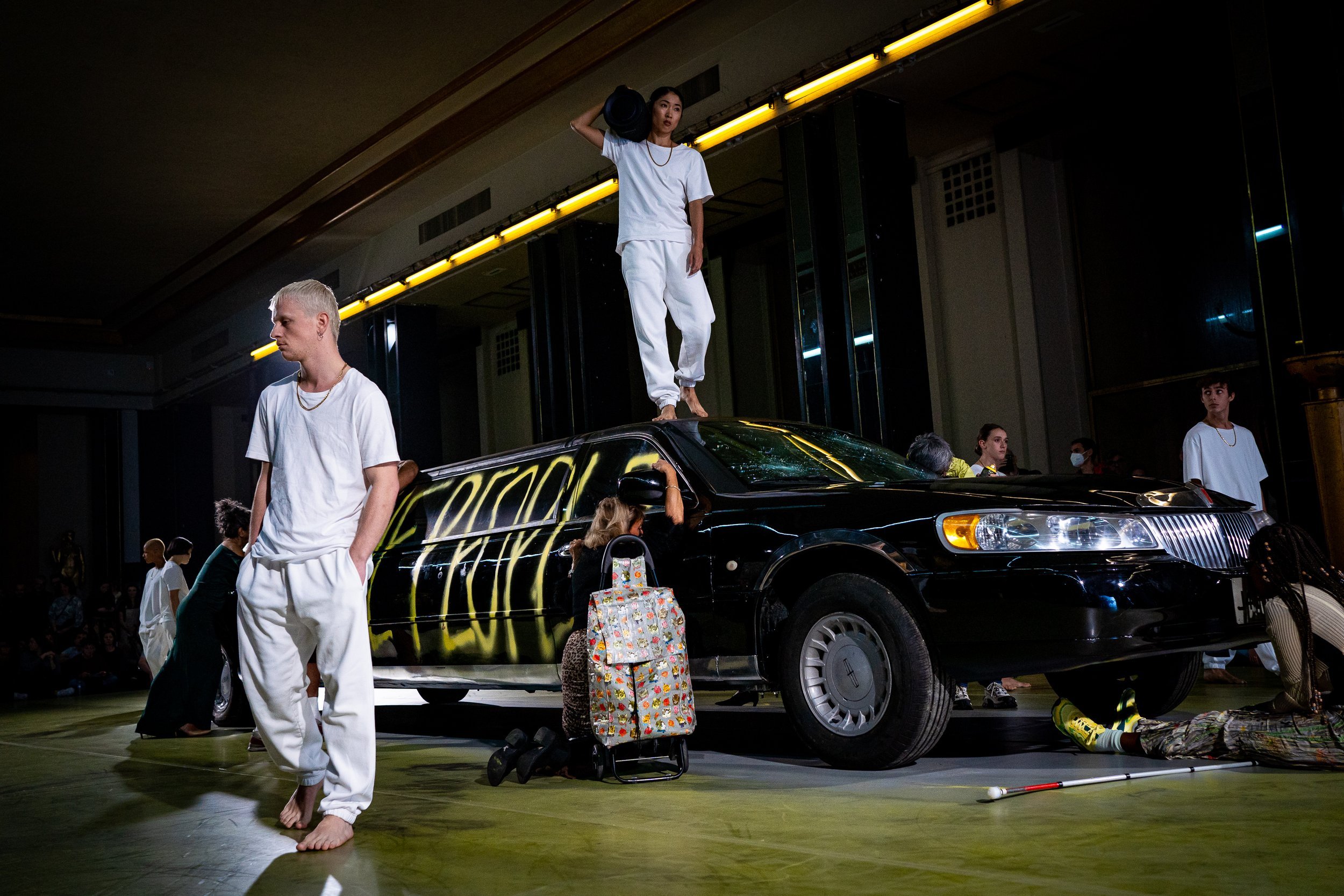Between the World and Me by Ta-Nehisi Coates
‘my experience in this world has been that the people who believe themselves to be white are obsessed with the politics of personal exoneration. And the word racist, to them, conjures if not a tobacco-spitting oaf, then something just as fantastic – an orc, troll, or gorgon.’
Between the World and Me is a poignant and profound piece of work, detailing the most gruesome and raw details of black American history and the everyday black experience in America. The book is relatively short – approximately 152 pages depending on the edition – but due to the emotional weight and the depth of content it is best consumed in small doses. It follows the structure of a letter, from Coates to his son, explaining how life has been for him as a black man in America and giving advice on how to manage the emotions that he has had to deal with.
Coates letter covers not only his personal experiences as an adult, but also stories from his childhood and from when his son was a baby. His time at Howard University, the death of an acquaintance due to police brutality, and his hunger for knowledge on the American Civil War are all key to his experience. His stories are intertwined with historic fact, accounts from other people, and references to modern American law.
Almost every story and anecdote that Coates covers in his letter centres around the physicality of the body. He describes how the black body has been brutalised and abused throughout history in America, and continues to be in the present day. ‘The story of race and America is a brutally simple one, written on flesh: it is the story of the black body, exploited through slavery and segregation, and, today, still disproportionally threatened, locked up and killed in the streets. What is it like to inhabit a black body and find a way to live within it?’ Committing acts of violence to the African American body is an American legacy and it is ‘heritage’.
Coates describes how black parents in America live with the instinctual fear that their children could be taken, brutalised and killed for little to no reason at all at any moment. This fear becomes a reality for the mother of Prince Jones. Coates and Jones went to university together and although they weren’t really friends, it is clear from the way that Coates describes him that he admired Jones a lot. Later in the letter, Coates describes when he learnt of the murder of a black man by the police. When he finds out that it was Prince Jones he is in utter disbelief. The death of Prince Jones is both symbolic and shows the actuality of police brutality in America, and that it is often hard to sympathise without a personal connection. Coates is so deeply hurt and upset by the death of his fellow Princeton graduate and his grief is alluded to continuously throughout the letter. A particularly harrowing section details Coates meeting Prince Jones’ mother and finding out more about Prince as a child and details of his family life.
‘At this moment the phrase “police reform” has come into vogue, and the actions of our publicly appointed guardians have attracted attention presidential and pedestrian. You may have heard the talk of diversity, sensitivity training, and body cameras. These are all fine and applicable, but they understate the task and allow the citizens of this country to pretend that there is real distance between their own attitudes and those of the ones appointed to protect them. The truth is that the police reflect America in all of its will and fear, and whatever we might make of this country’s criminal justice policy, it cannot be said that it was imposed by a repressive minority.’
Police brutality is just one of the key themes that Coates depicts in his letter, with the American dream, whiteness and the idea that black people have to be “twice as good” to survive. This is an important book to read, digest and reflect on, especially now with the rise in support for the Black Lives Matter movement.
#FLODown: Ta-Nehisi Coates was asked by a member of the audience at a Q&A session why white people can’t say the word n****r. His response was perfect, and we recommend giving it a watch.
Words by Mollie Kate Cohen











